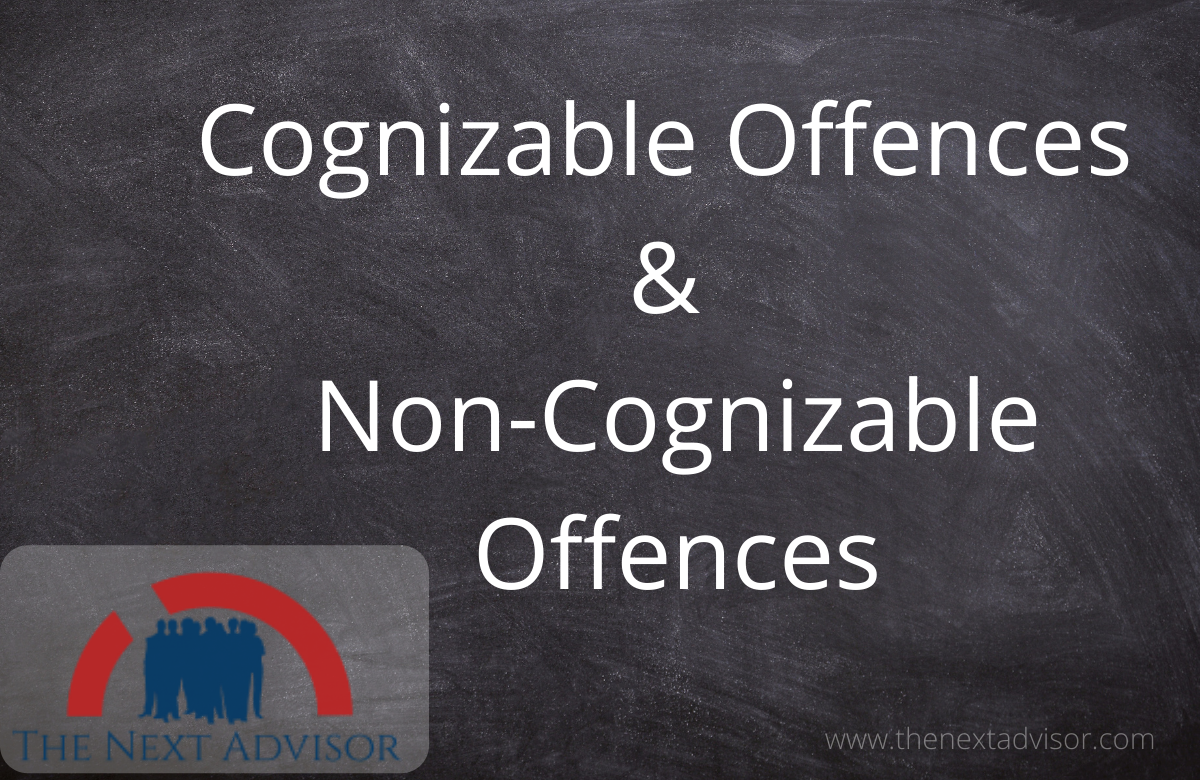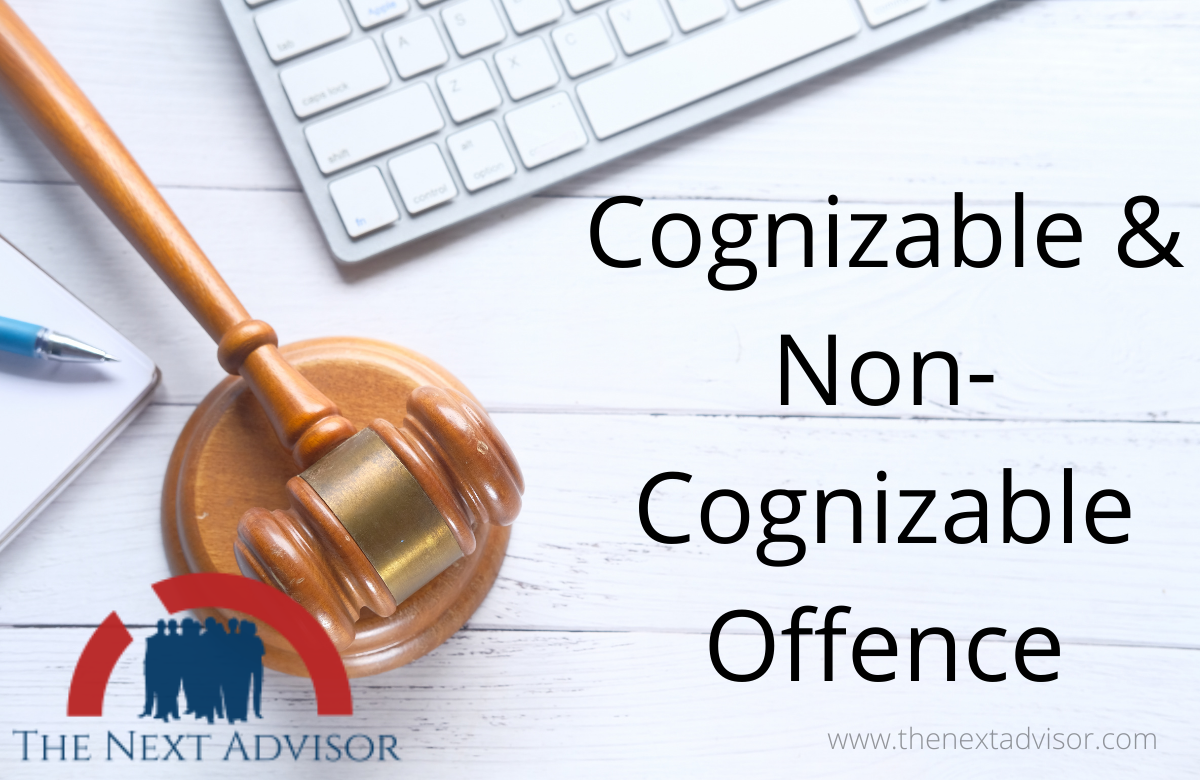Cognizable and Non-Cognizable offences these two terms are very difficult to understand. Therefore it is important to explain these terms i.e., Cognizable and Non-Cognizableoffences in very simple language. But after reading it you hardly have any questions about these terms. Many times a question creates in your mind that, Can Police arrest a person without an arrest warrant?
All of you must have seen different types of movies. You will definitely see in that movie especially in new movies. Police neither arrest an accused nor harass him. In new movies instead of arresting the accused Police directly shoot him. The funniest part shows in the South Indian movies. In South Indian movies Police come to the crime spot or come at the spot where people are fighting with each other. And try to stop the fight, the cops give the criminal a punch. Due to that punch accused roams round and round four times.
So, here is a very important point to understand that Police don’t have any such rights as I mentioned above. Neither Police can harass anyone without any legal right nor Police can shoot anyone without any reasonable situation. Police cannot even torture anyone, let me tell you this too. Whatever I mentioned above is just part of the fun.
Now let us come to the main topic. The topic is,” Whether the Police can arrest the accused person without a warrant?”
It depends on the types of offence, which means, “What type of offence it is?”
In Criminal law, crime is categorized into two categories.
- Cognizable Offences
- Non-Cognizable Offences

Cognizable Offences and Non-Cognizable Offences.
The definition of Cognizable and Non-Cognizable offences is given in Section 2 (c) and 2 (l) of The Code of Criminal Procedure. If you want to remember the Section of Cognizable and Non-Cognizable offences so you can simply remember it with the Sub Section (c) and c = Cognizable ( Section 2 (c) of The Cod of Criminal Procedure).
Let’s see these Sections in detail,
Section 2(c) in The Code Of Criminal Procedure, 1973
(c) ” cognizable offence” means an offence for which, and” cognizable case” means a case in which, a police officer may, in
accordance with the First Schedule or under any other law for the time being in force, arrest without warrant
In simple language, it means if the offence is Cognizable, then Police can arrest without a warrant. Can Police arrest a person without a warrant? – YES, If offence is Cognizable.
Then the question remains that which offences are Cognizable Offences?-
Cognizable encompasses murder, rape, theft, kidnapping, counterfeiting, causing disturbance to any assembly engaged in religious worship (IPC Sec 296) etc.
Offences that are Serious in nature, In this type of offences accused, can abscond if the court does not issue a warrant against the accused within time or there is a delay to issue a warrant. Because the accused of these types of offences can be dangerous to the society Therefore in the nature of justice and for the security purpose in the Conginizable Offences Police may arrest the accused without a warrant.
Section 2(l) in The Code Of Criminal Procedure, 1973
(l) ” non-cognizable offence” means an offence for which, and” non-cognizable case” means a case in which, a police officer has no authority to arrest without warrant;
In simple words in Non-cognizable offenses Police can not arrest the accused person without a warrant. Majistrate issues warrants in non-cognizable offenses/cases.
Which offences are Non-cognizable offences?
These mostly include minor offences such as abusing each other, minor scuffles without injuries, intimidation, uttering words, with intent to wound the religious feelings of any person causing hurt ( IPC SECTION 298 ), causing Miscarriage(IPC Sec 312) etc.
Now you get cleared that what is the difference between the Cognizable and Non-Cognizable offences. You also get cleared of the difference between the Cognizable and Non-Cognizable offences.
To get it more clear that, “What is Warrant?” You can refer – Summons & Warrant.

























